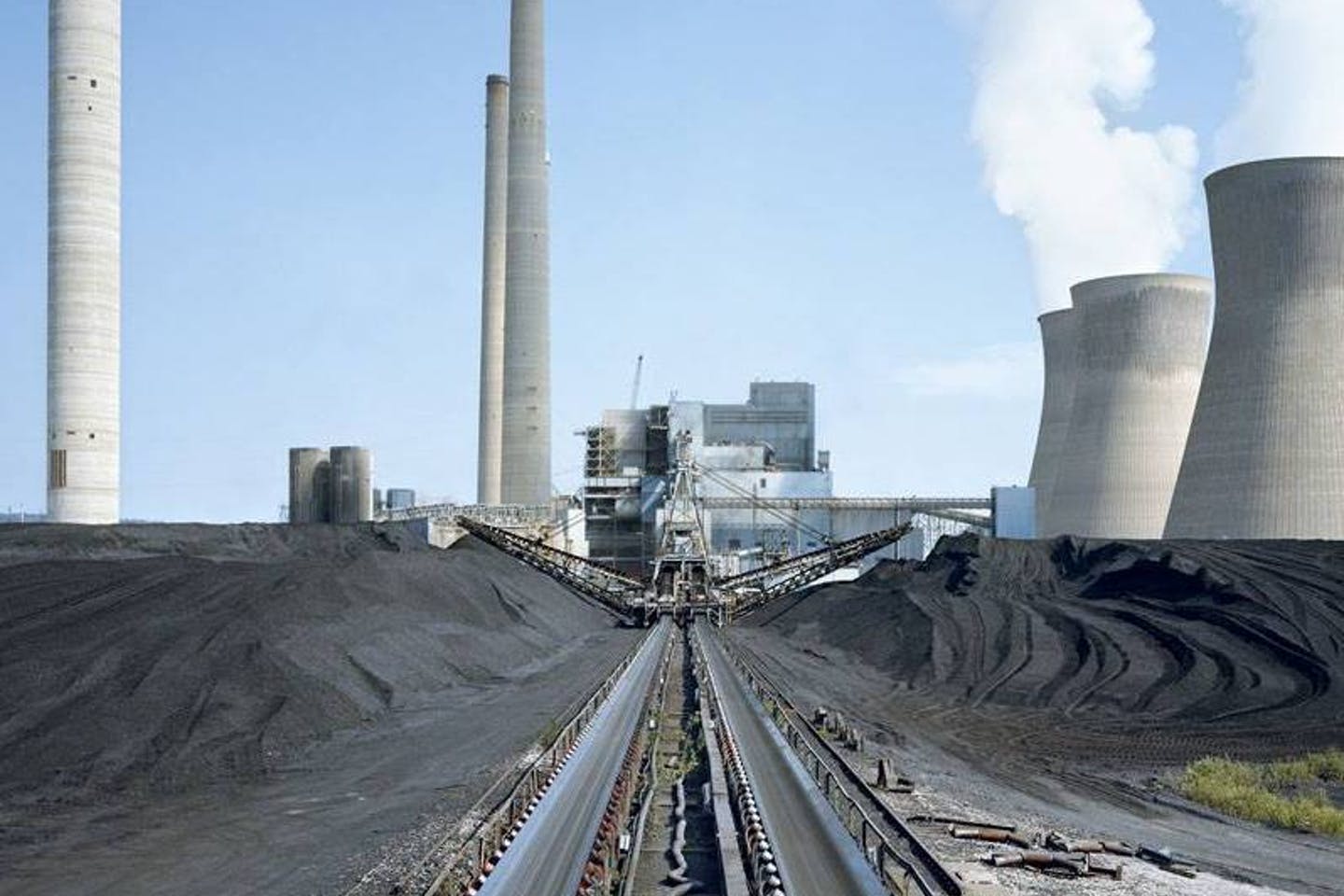Our collective love for coal is toast.
For three days Britian used no coal fired power stations with power instead comming from wind and gas.
Coal accounted for less than 7% of the power mix last year, according to official figures.
In April, 2017 Britain went its first full day without coal since the 19th century.
Sundry experts warned that power generated by coal was largely being replaced by gas, another fossil fuel, rather than renewable sources.
Andrew Crossland, of the Durham Energy Institute, said gas generated 40% of the UK’s electricity and fuelled the vast majority of domestic heating: “As a country we consume nearly eight times more gas than coal.”

The daily consumption of gas was outstripped by wind on just two days last year, while all sources of renewable energy – including wind, solar, biomass and hydropower – beat fossil fuels for just 23 days of 2017.
A reliance on gas made the UK vulnerable to the whims of international markets and was “nowhere near clean enough” to meet the UK’s legal targets to cut greenhouse gas emissions, Mr Crossland said.
The 2008 Climate Change Act requires greenhouse gas emissions to be reduced by 80% compared with 1990 levels by 2050.
Hannah Martin, from Greenpeace UK, called on the government to provide more support for onshore wind and solar power – the “cleanest and cheapest energy sources”.
“Offshore wind has proven to be popular and able to provide affordable clean energy, as well as skilled jobs and fair bills,” she said.
“As we have more and more days without coal, we need to make sure it is replaced with the renewable technologies of the future.”
Mr Crossland also called for more investment in renewable technologies, such as solar panels and batteries, to store power for homes and businesses, along with better energy efficiency to reduce power use.
Bring on the Smart Grid.
Source BBC




